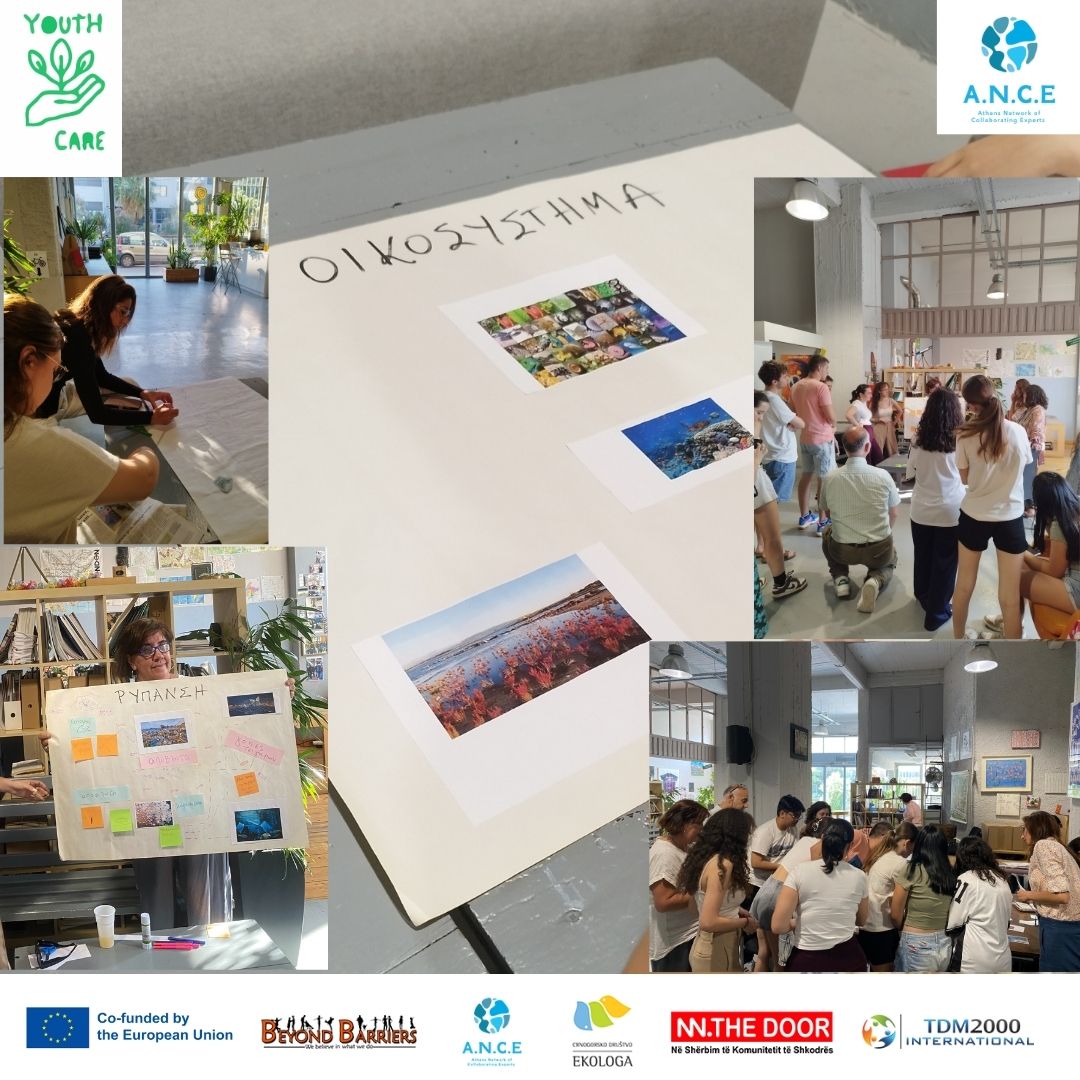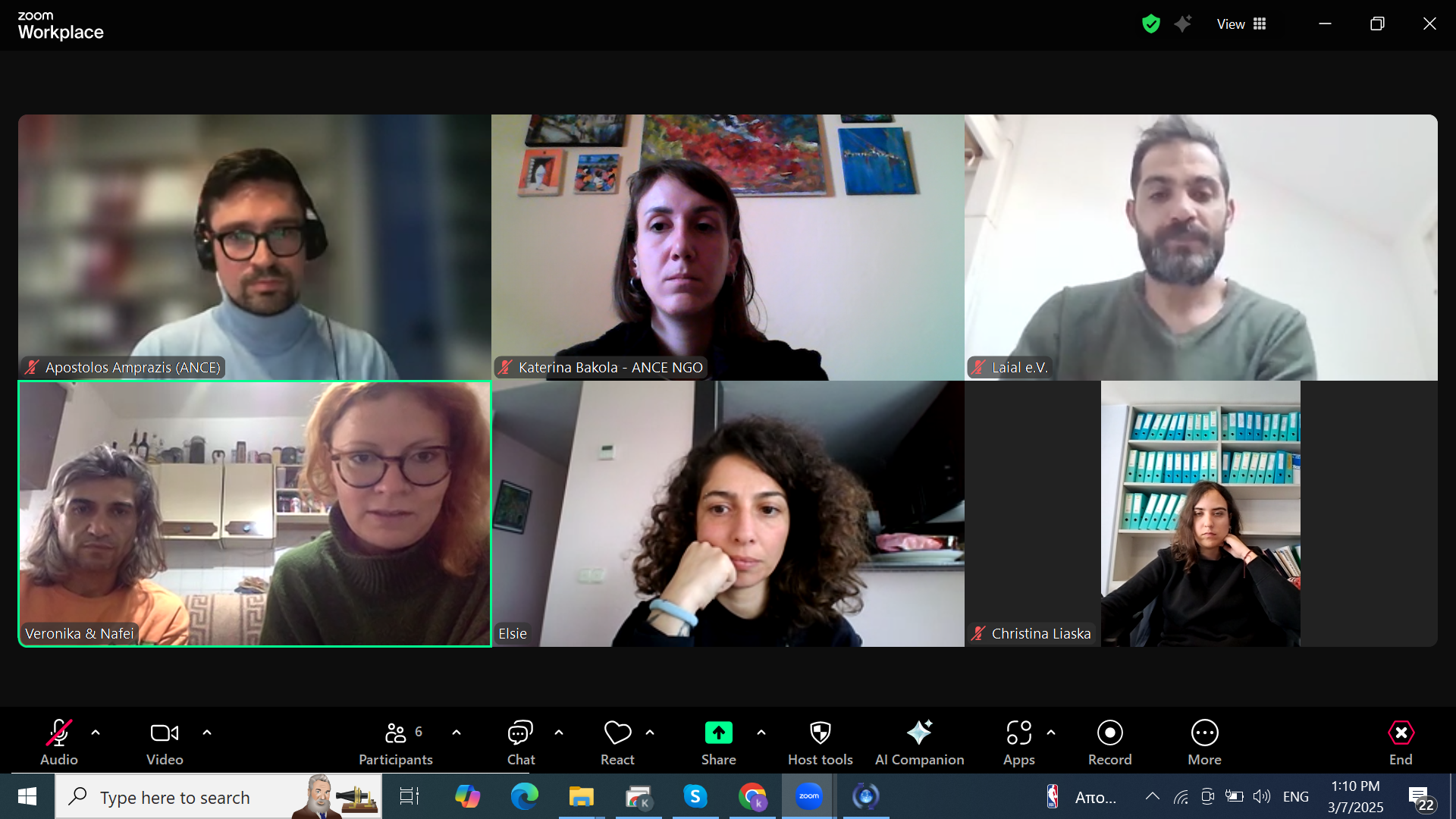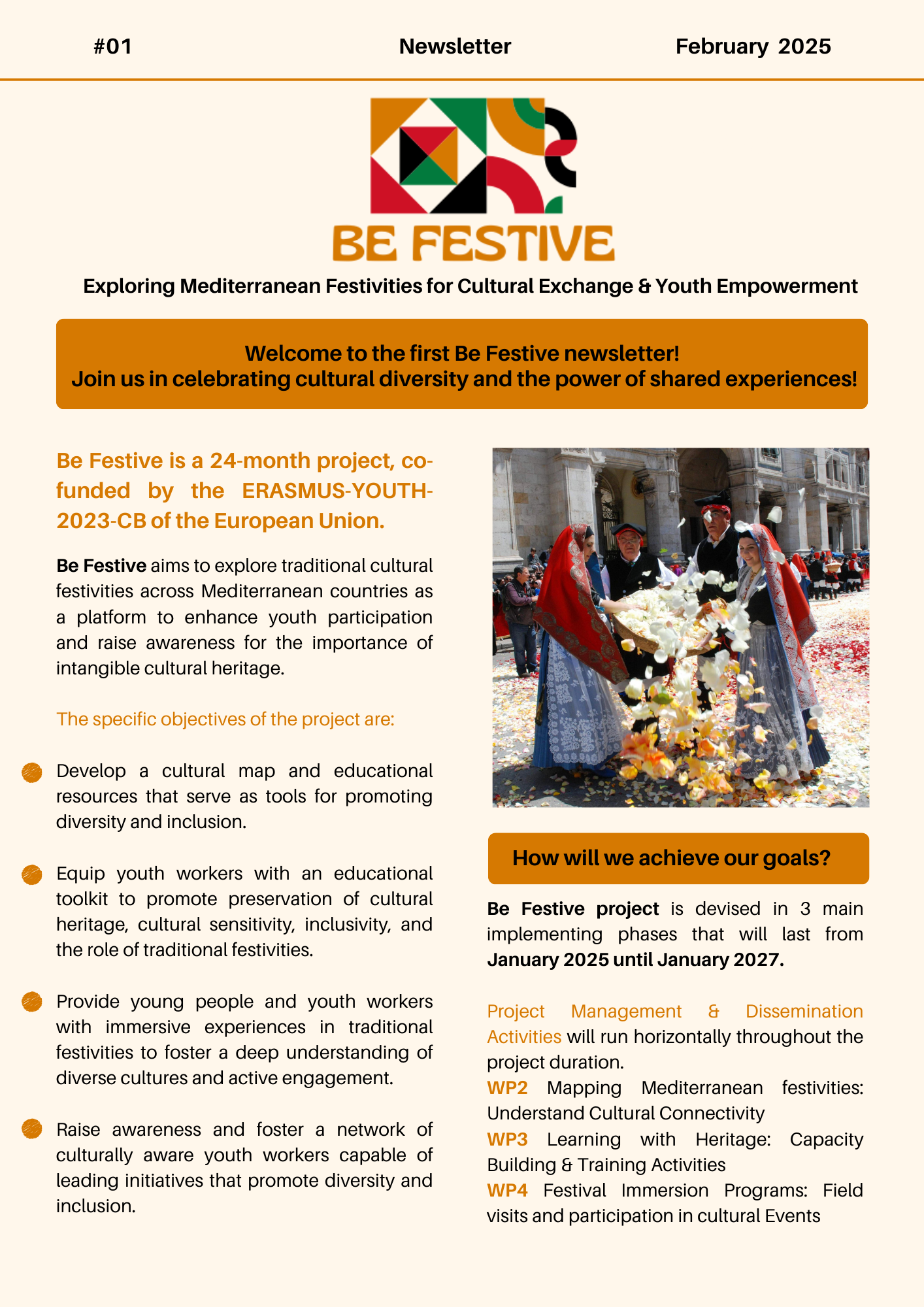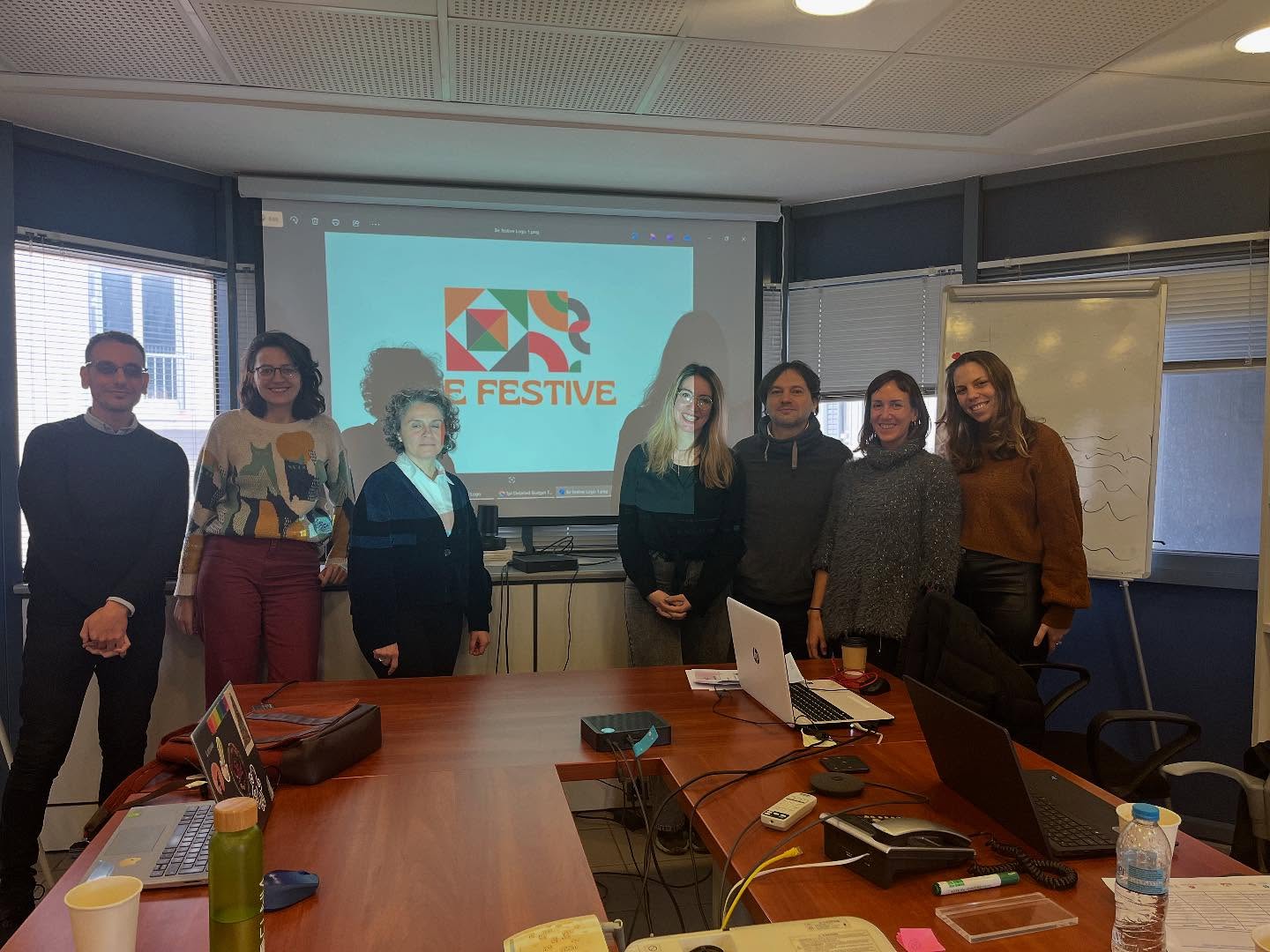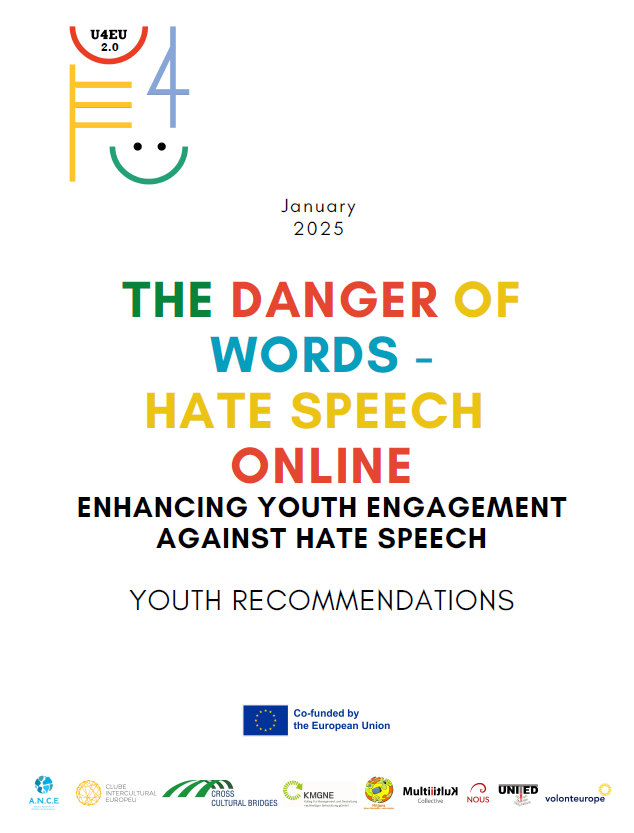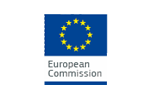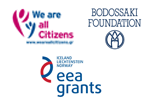
“Fostering employability and entrepreneurship for Egyptian youth and women in the Tourism sector”
Studying the Egyptian labour market in the tourism sector and the new skills demands
December, 2017
Athens Network of Collaborating Experts (ANCE) in collaboration with the Institute of the Greek Tourism Confederation (INSETE) and The Egyptian Association for Awareness and Comprehensive Development (EAACD) in the framework of the project “Fostering employability and entrepreneurship for Egyptian youth and women in the Tourism sector”, which is financed by the “Support to the Technical and Vocational Education and Training Reform Programme in Egypt- Phase II”, Programme EuropeAid/137883/ID/ACT/ET, conducts a study on the labour market in the tourism sector and the new skills demands in which is implemented in 4 governorates of Egypt (Greater Cairo, Aswan, Dakahlia, Hughada). The primary research has begun and the results so far have revealed the main challenges of each target group depending on the region that it is located.
The overall objective of this project is to improve the technical and management capacities of job seekers / unemployed, current workforce and potential entrepreneurs, specifically youth and women aged 18-30 in specific regions of Egypt (Greater Cairo, Aswan, Dakahlia, Hughada), with the aim of fostering employability and entrepreneurship in the tourism sector in the above mentioned areas.
The study of the labour market is consisted of two parts, the first one is based on secondary sources and literature review and the second one is based on primary research. The first part has been completed successfully and the primary research has begun. The results so far have shown that the greater challenges for the private companies (e.g. hotels, travel agencies and transport companies) and the public entities (representatives from Tourism, ETPs, HOREST, ministries/local authorities, tourism institutions, employers’ associations, etc.) in the tourism sector vary from region to region.
The three greater challenges that the private companies in the tourism sector face per region are: in Aswan a) the disconnection between the curricula taught in schools and real market requirements, b) lack of on-job training in schools, c) the negative image of TVET; in Hurghada a)the negative image of technical education in Egypt, b) the presence of a skill gaps between education, current marker status and real market requirements, c) lack of tourism-centered curricula; in Cairo a) the miscommunication between public and private sector organizations, b) Governmental bureaucracy, c) competition among agencies and in Dakhalia a) the lack of career guidance programs and low promotion of technical paths, b) the a gap between education and real life skills, c) the lack of on-job training.
Concerning the public entities (representatives from Tourism, ETPs, HOREST, ministries/local authorities, tourism institutions, employers’ associations etc.), the three greater challenges that they face in each region are: in Aswan a) the complication of governmental procedures and the difficulty of issuing permits, b)the lack of funding, c) the lack of skilled manpower; in Hurghada a) the weakness and irrelevance of educational curricula, b) the weak level of teachers, c) the lack of on-job training; in Cairo a) lack of vocational and on-job training, b) regulations to issue permits, c) the instability of the tourism market and in Dakhalia a) the governorate focuses on religious tourism, b) on-job training in workplace is an urgent demand, c) students motivation is highly required.


